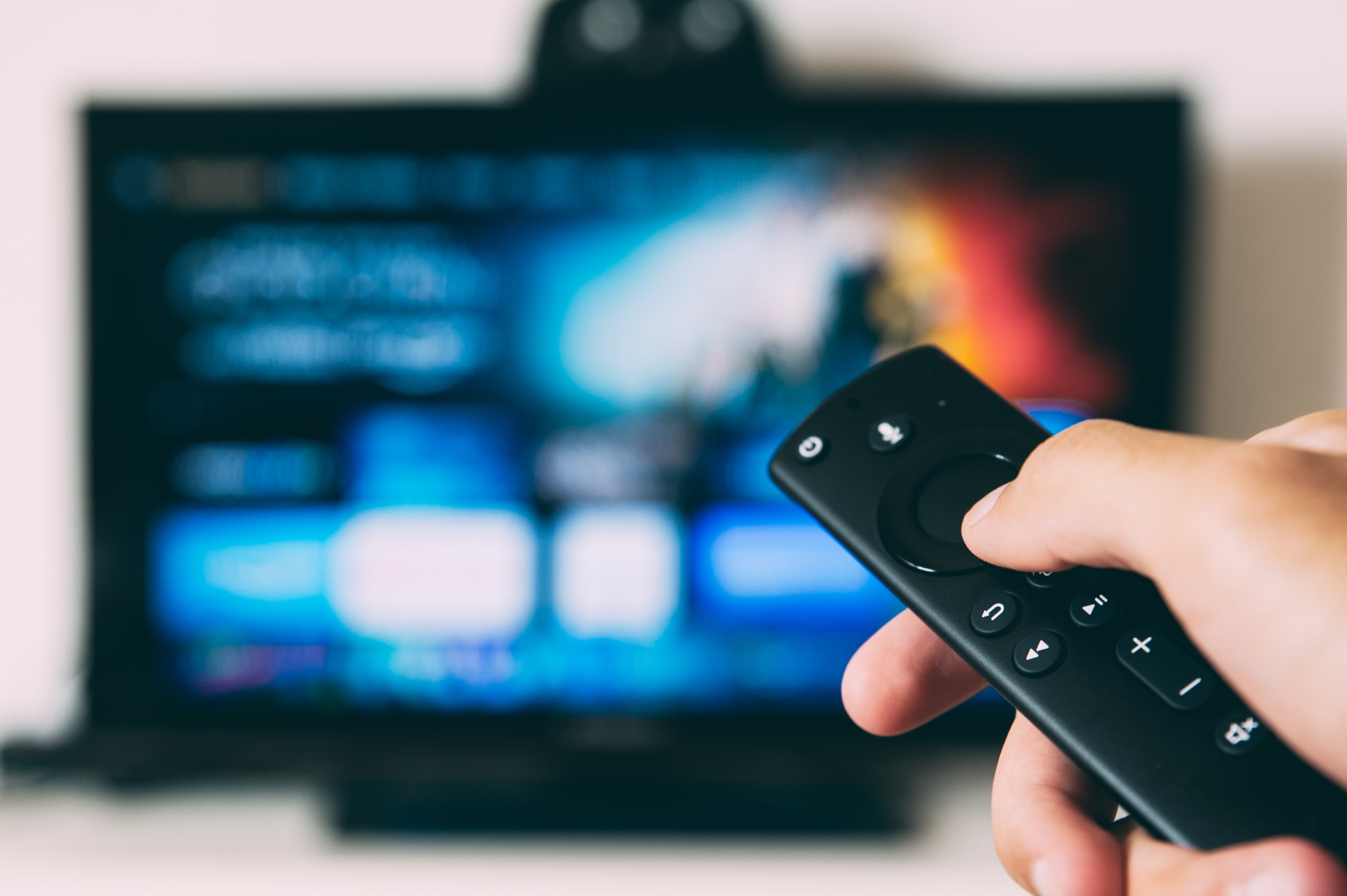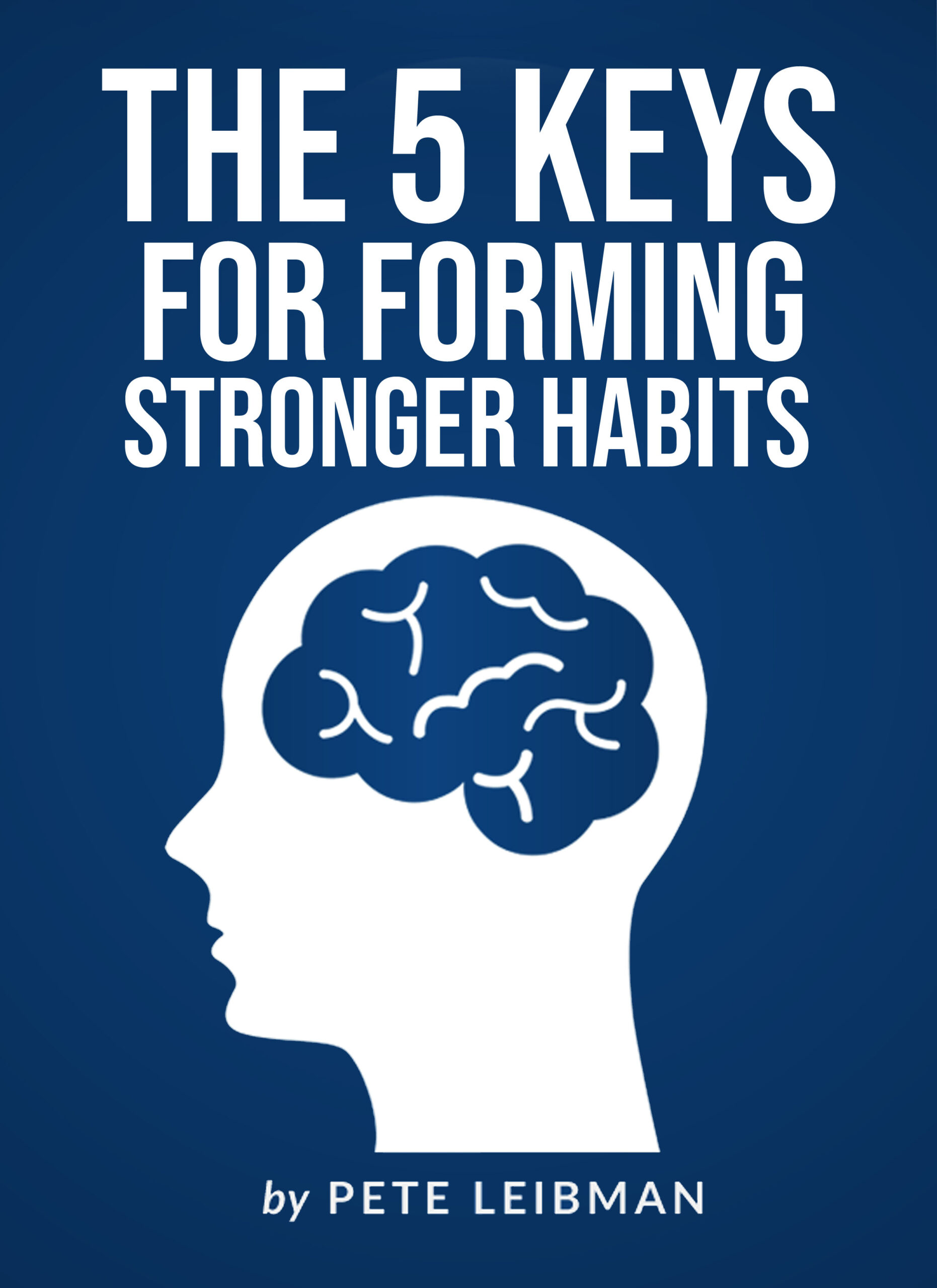
Right before the COVID-19 pandemic began, I was watching very little television. Typically, I would only watch one pre-recorded ESPN show for about 20 minutes each night while eating dinner.
However, things changed for me when the world shut down. Like most people, I found myself spending much more time at home. A lot of this time ended up being spent on my couch. I started watching 3-4 times as much television each day during the week. On the weekends, I was watching even more.
A 30-Day Challenge: No TV at Home/Alone
One day after watching a terrible movie at home by myself, I decided that I wanted to start watching less television. So, I took on a self-imposed 30-day challenge. The rules for my challenge were simple:
- I was not allowed to watch television at home by myself for one month.
- I was only allowed to watch television if I was with someone else and/or if I was outside of my home.
- I was allowed to listen to podcasts at home by myself.
This challenge was not about eliminating TV and media from my life altogether. It was about being more mindful about how and when I consumed content that was not educational.
Not turning on my television each day felt a bit strange at first. However, I honestly never missed it. After my 30-day challenge ended, I decided to keep going. Ultimately, I canceled my cable subscription and adopted my “no TV at home/alone” policy as a long-term approach.
3 Major Benefits of Watching Less TV (or No TV)
Even if you find my new television habits to be too extreme, you cannot deny the powerful benefits of watching less television. Here are the three most significant, based on my personal experience and the latest scientific research:
1. You will be more intentional with your media consumption.
Streaming services and endless television shows make it easy to channel-surf your life away. If you are not careful, you can waste hours each day on your couch staring at a screen. When you cut back on TV, you will become more deliberate on how and what you watch.
As a result of my new television habits, I started listening to more podcasts instead. Many of them are sports-related, so they are not educational. However, each podcast is one that I choose, rather than one that I stumble onto randomly. In addition, each podcast has a clear ending, and I don’t just roll into another show, like you do with television or Netflix. As a result, I am deliberate with the media that I consume each day.
2. You will have more time for meaningful activities.
The average American watches over three hours of television each day. 1 That’s nearly 1,100 hours per year, which is equivalent to over 45 full days each year! Extrapolate that over 80 years, and that’s nearly 10 years of your life spent in front of a television. What a waste!
When you watch less TV, you have more time for activities that add much more value to your life than a show or movie ever could. For example, you can prioritize quality time with family and friends, exercising, hobbies, volunteering, reading, and so on. Perhaps most importantly, you will also have more time for sleep. In fact, Netflix Founder Reed Hastings has said that his company’s biggest competitor is sleep. 2
As for me, exercise and sleep were already big priorities before my 30-day challenge. Watching less television has led to even more reading though. During my first year without TV, I ended up reading read more each week than during any other year of my life.
3. You will be happier and calmer.
Numerous studies have found a link between watching too much television and anxiety and depression. 3 It is not difficult to explain this connection. If you are watching a lot of television, you are probably spending less time on high-value activities that improve your physical, mental, and psychological health. As noted above, that includes spending quality time with friends and family, exercising, doing your favorite hobbies, volunteering, reading, and getting enough quality sleep.
As for me, I felt happier and calmer when I cut back on television. It was easier to wind down each night, and it was nice to have peace and quiet.
How to Watch Less TV (or No TV)
If you want to watch less television, follow the same strategy that works for eating less junk food or breaking any other habit. Make it more difficult to perform the habit.
Here are some specific ways that you could make it more difficult to watch television. These examples become more extreme (and more effective) as you move lower on this list:
- Remove the batteries from your remote and/or place it in a less convenient location (so it takes more effort to turn on your television).
- Unplug your television when not in use (so you have to plug it in whenever you want to use it).
- Position your television so that it faces away from your couch or anywhere that you typically watch television from (so you have to re-position your television in order to watch it).
- Cancel your cable subscription and/or streaming services (so you have fewer options for what to watch on television).
- Keep your television in a closet (so you have to pick it up, move it, and set it up when you want to use it).
- Sell or donate your television (so it is impossible to watch television at home).
If you want to break a habit, do not just rely on willpower. Make it as inconvenient and difficult as possible to do the habit. For example, at the start of my 30-day challenge, I removed the batteries from my remote control and placed it on the floor in the corner of my living room. Previously, my remote control was usually placed on my kitchen counter. I would see it immediately upon entering my apartment, and that made it way too tempting and easy to turn on my television. Simply moving my remote control and removing the batteries made it easier to watch less television.
I also rearranged my living room, so that my television no longer faced me when I was in my kitchen or dining room. A nice side effect of this new setup is that my living room suddenly felt and looked bigger.
Summary and Final Thoughts
You don’t need to eliminate television from your life completely. However, you will benefit- physically, mentally, psychologically, and socially- from watching less television.
Most people watch television mindlessly for hours each day. Be intentional about how and when you watch. If it seems too drastic of a change to eliminate TV 100% (or when you are at home/alone), establish a Personal Policy for when and how long you are able to watch each day/week.
Give some thought to how to re-design your home environment as well. Even something as simple as removing the batteries from your remote control will help you watch less television.
References
- https://www.usnews.com/news/best-states/articles/2021-07-22/americans-spent-more-time-watching-television-during-covid-19-than-working
- https://www.fastcompany.com/40491939/netflix-ceo-reed-hastings-sleep-is-our-competition
- https://www.promisesbehavioralhealth.com/addiction-recovery-blog/is-watching-too-much-tv-making-you-depressed/
P.S. If you enjoyed this article, check out my free 40-page eBook and newsletter below.

Free eBook and Newsletter
Download my free 40-page eBook on “The 5 Keys for Forming Stronger Habits.”
You’ll also receive my free weekly newsletter on how to become your strongest self.
Your email is safe. Unsubscribe anytime.
About the author: Pete Leibman is the Creator of StrongerHabits.com. He is a best-selling author, keynote speaker, executive recruiter, athlete, and peak performance coach. His work has been featured on Fox News, CBS Radio, and CNNMoney.com, and over 500,000 people across the world have read his articles.

